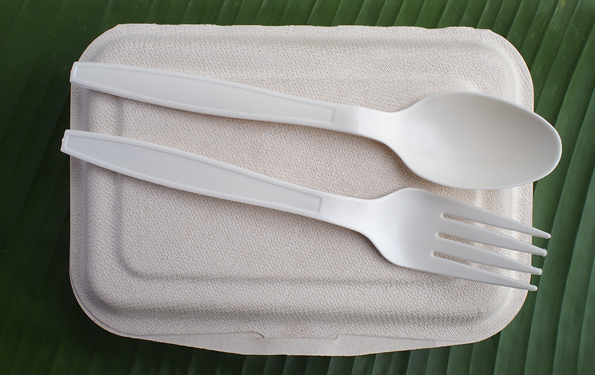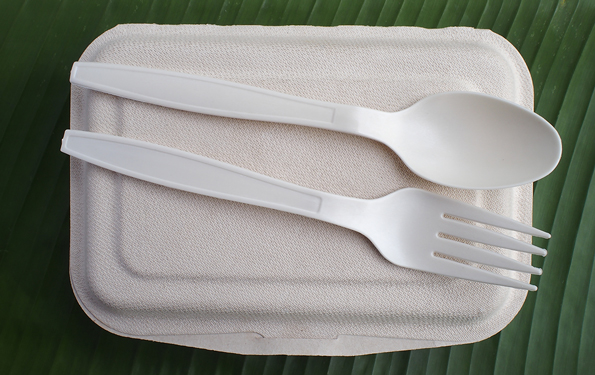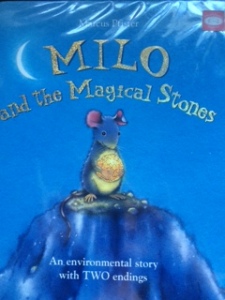Bioplastics are items that are made of something other than plastic are often single use yet can be broken down into less damaging material.

Bioplastics are often made of plant based materials – corn starch or sugar are examples but are they really want they sound like they are or are they just greenwashing?
I have listed some Pros and Cons for you to look at but overall, I do not think bioplastics are the answer but they are a way to make us think beyond petroleum based plastics.
Bioplastics can have the same impact on human health and the environment once discarded as petroleum based plastic so using them in the same manner is not going to help solve our problems.
However, there is hope! Some companies are looking at better alternatives to these two plastics and there are some great innovations coming out.
Fungus is being used to make some furniture and even milk film is being used to keep food fresh! These types of bioplastics are great as they will break down into less harmful waste once they have been used.
We need to look beyond plastic, bioplastics and single use items and into buying for long lasting usage, bringing our own containers and looking into more environmentally alternatives.
But for now perhaps look towards products that are using bioplastics that are home compostable – ( home compostable plastics used as food packaging ) as your first choice when choosing a product for single use or packaged food. Consider taking your own containers, making your own food and buying products that have less impact on the environment.
Bioplastics – Pros and Cons
Pros
- The creation of bioplastic has a smaller carbon footprint than the creation of plastic.
- Any place in the world can create these bioplastics – not just the oil regions which can help redistribute wealth through jobs.
- Less reliance on oil
- Less greenhouse gas emissions in production.
- Many new innovations in this field to create better bioplastics for the future
Cons
- These plant crops need soil and potentially chemical fertilisers to be grown, thus adding to water pollution and soil degradation
- Is it taking up land for farming for food?
- Many need to be broken down in an industrial composting facility as if they end up in landfill or the waterways they can have the same damage as plastic.
- Greenwashing – are we really solving the problem of our single use consumption?
Websites to read:
https://blogs.ei.columbia.edu/2017/12/13/the-truth-about-bioplastics/


